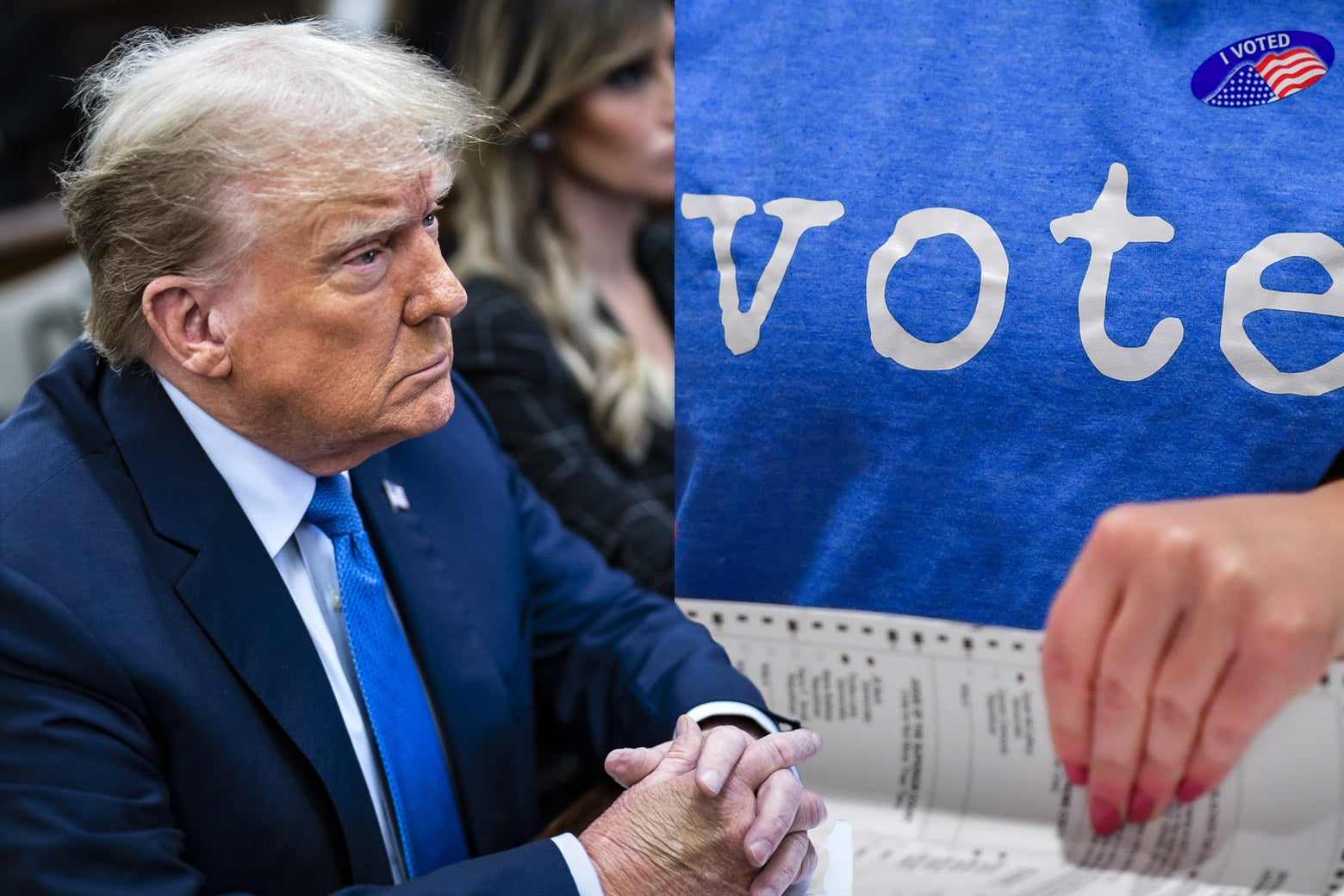In short, when the Colorado and Minnesota cases arrive in Washington, the Supreme Court will confront a desperate race against time. If it fails to decide the cases rapidly, it will provoke a constitutional crisis once the polls close and each state decides who won the election. Under current law, state legislatures must report their Electoral College winners in time for Vice President Kamala Harris to report the results to a joint session of Congress meeting on Jan. 6, 2025. Once she inspects the ballots, she is likely to find that none of the three candidates—neither Biden, nor Trump, nor Trump’s proxy—has won a majority of the electoral votes. At this point, Harris will confront a dilemma that will make Vice President Mike Pence’s predicament in 2021 seem modest by comparison.



deleted by creator
Read the article. It lays out the entire thing in vivid detail.
deleted by creator
They actually talk about why that’s a bad thing in the article, too.
(Hint: It’s not all the votes, it’s at least 270 votes.)
What they’re discussing is the possibility that Biden doesn’t make it to 270 electoral votes, and the remaining votes are split between Trump and whomever else Republicans write in. I don’t think it’s a very likely scenario, but it is possible under our electoral system.
deleted by creator
The problem in this scenario (however likely) is that if Democrats don’t take back the House in 2024, Republicans get to pick the next President. In the event that the Electoral College fails to identify a clear winner, the House gets to decide who should be President. I’m not willing to bet there are enough “never Trumpers” in the House to avoid installing him anyway.
Even if dems win a majority in the house, they may not have a majority of state delegations. the house vote is by state delegation.
Right, good point.
deleted by creator
deleted by creator
If a swing state leaves off trump, the popular vote could easily end up going to “stick it to the libs”… The very act itself of disallowing a major name could easily sway voters in that direction.
The sort that would vote trump will vote for “not biden” under whatever name you slap on there. They could literally run mickey mouse and pull the electoral if people understand that they’d be handing the matter over to the house by doing it, because the house is a trump win (I DO NOT share the authors opinion that this would be a contest or conflict… Without a 270, I believe the house will very quickly hand trump a victory).
Disallowing trump is gonna generate “red no matter who” sentiment, and it’s blatantly obvious that the voting public can and will go for that. I think kicking trump off a select few ballots could easily end up backfiring.
Among some. The same ones who would be red no matter who, no matter who.
Disallowing Trump will shake things up for real. Consider its impact on the primaries and how influential they are in deciding the nominee? What does that do if Trump isn’t on the ballots in those states? How can a state GOP party have Trump on the ballot for the primary but not the general?
No, those always red votes are always red votes… Im talking swing states.
Imagine trump is on the primary ballot in CO, and he wins easily. Then, in direct defiance of the primary voters votes, his name isn’t on the general ballot, and the name is instead a distant second place runner up.
The optics of that are that the blue tam stacked the deck. That they have a thumb on the scale. The fat grey area waffly voting bloc that makes a swing state a swing state will be incentivised to vote against the stacked deck. Vote for the runner up, the second best, generate a stalemate and hand it off to the house, resulting in the stacked deck losing.